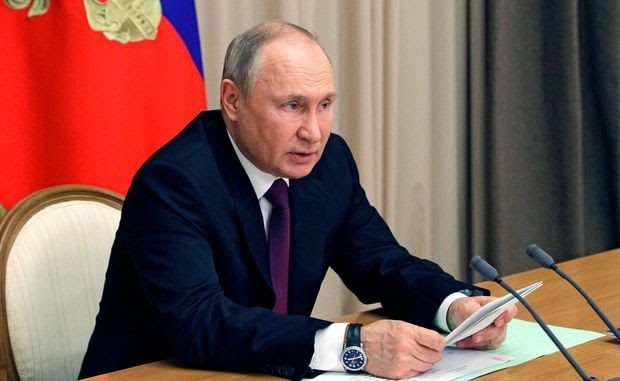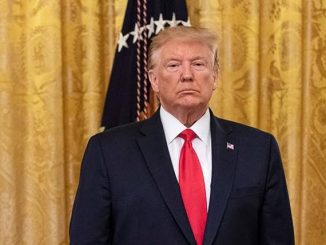
Russia’s President Vladimir Putin has signed a law that obliges foreign social media giants to open offices in Russia.
This was disclosed on Thursday, in a document published by the government showing the latest move by Moscow to exert greater control over Big Tech.
The Russian authorities had since made known their intention to strengthen the control of the internet and to reduce their dependence on foreign companies and countries.
Moscow had particularly, in the past, objected to political opponents of the Kremlin using foreign social media platforms to organise what they say are illegal protests and to publicise politically-tinged investigations into alleged corruption.
Reports said Moscow had fined firms for failing to delete content it says is illegal, slowing down the speed of Twitter as punishment, while on Wednesday, it opened a new case against Alphabet, a subsidiary of Google for breaching personal data legislation.
“A foreign entity, carrying out activities on the internet in Russia, is obliged to create a branch, open an office or establish a Russian legal entity,” the new law said.
ALSO READ: Why we need knowledgeable, crack teams for international trade, contract negotiations — Osinbajo
Alexander Khinshtein, the head of the information policy and IT committee at the State Duma, Russia’s lower house of parliament, had been reported as saying, the law applied to internet giants with a daily audience in Russia of at least 500,000 people.
The firms must register a personal account on the website of Roskomnadzor, Russia’s state communications regulator, Khinshtein wrote on his Telegram channel.
He also informed that companies that violate the legislation could face penalties such as advertising bans.
Recalled Russia has gone after social media companies that fail to delete content Moscow deems illegal quickly enough.
Facebook, Google, Telegram and Twitter all have court hearings scheduled for later this month with new charges.
Reports said the new law potentially affects 20 companies, including retailers and e-commerce companies.




